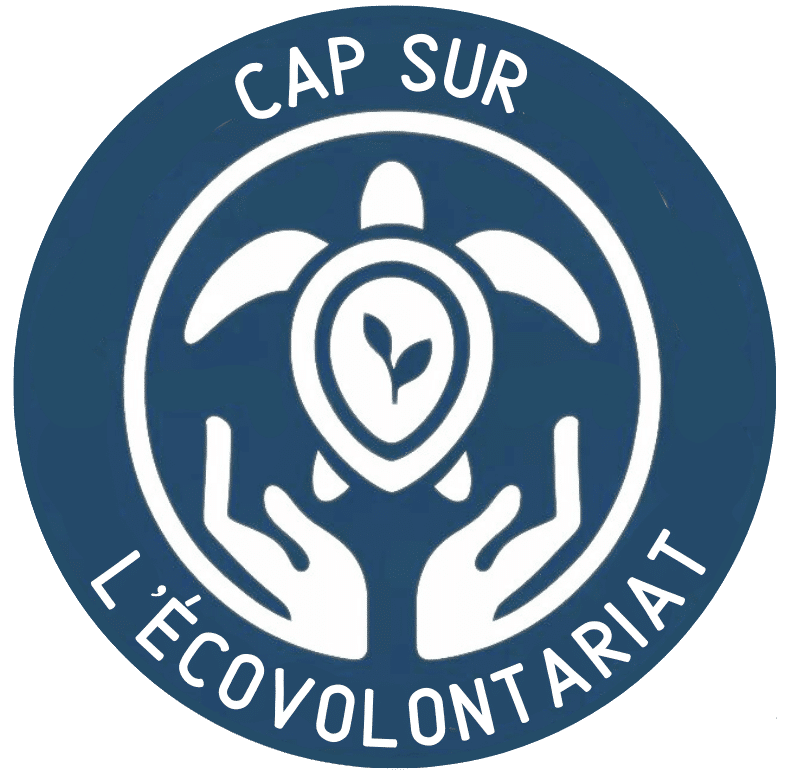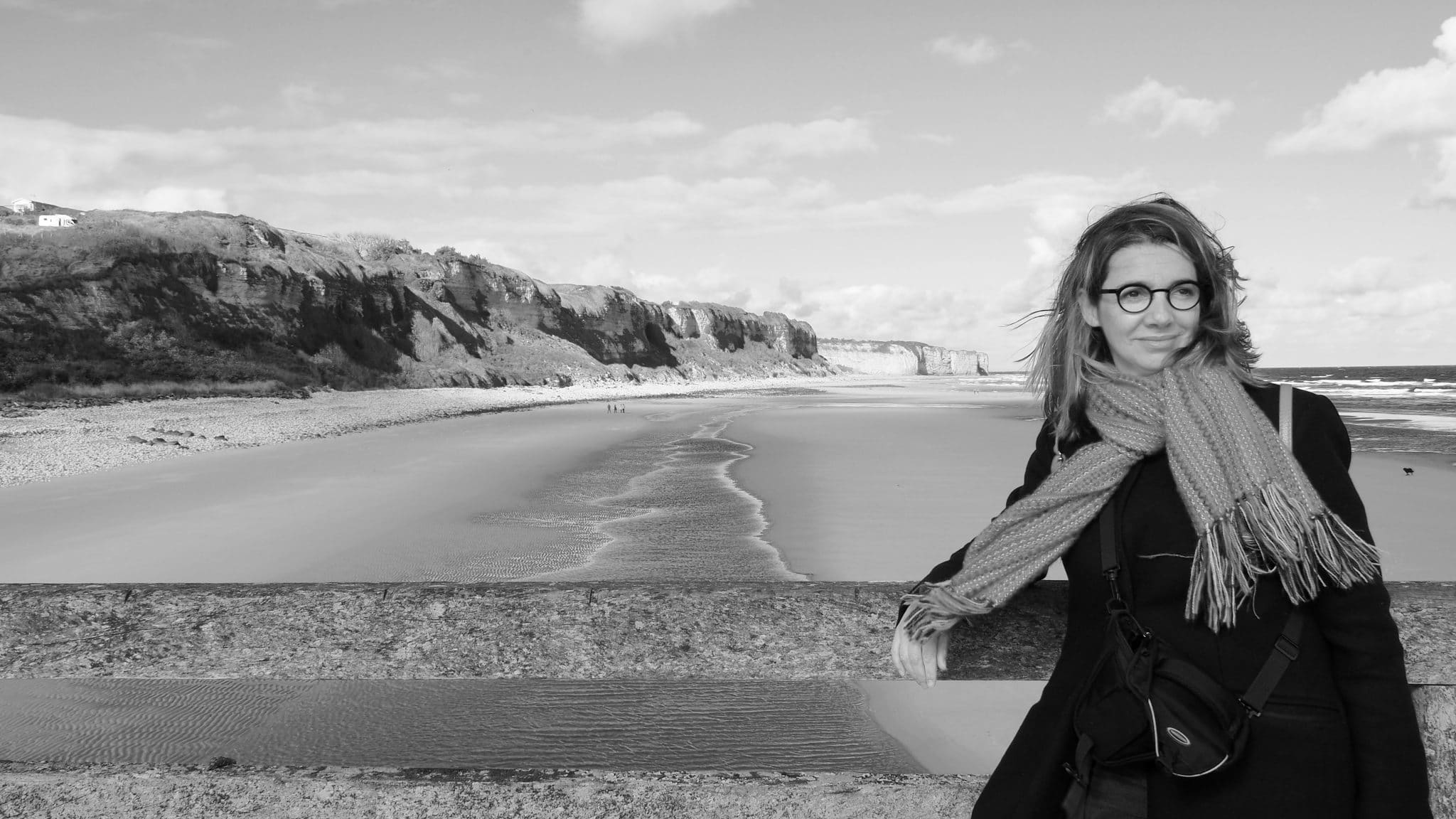In 2006-2007, I embarked on an 11-month long-distance trip. I was looking for an original way to travel, away from the beaten track and in line with my convictions, particularly in terms of protecting the environment.
I discovered ecovolunteering at a time when useful travel was in its infancy. In France, there were only two organizations offering people the chance to travel while making a commitment to the planet.
During this useful world tour for the environment, I joined five different projects: Saving Hermann's turtles in the village of Gonfaron, protecting griffon vultures on the island of Cres in Croatia, volunteering at a wild animal center in Florida, protecting mangroves and iguanas in Honduras, workcamps in Australia and Tasmania.
These missions gave rise to an educational project with three primary school classes with whom I regularly exchanged ideas.
The creation of Cap sur l'écovolontariat
Back in France, after a year rich in experience, I decided to create a website about ecovolunteering: Cap sur l'écovolontariat. It was a way of sharing my experience and giving other travellers the chance to experience what I'd been through. I have to say that the success of the site has exceeded my expectations! First, I became the reference blogger for ecovolunteering. Then I wrote the Guide de L'écovolontariat, took part in the ecovolunteering charter and forged many links with associations.
Creation of a platform for selected missions
Thanks to the trust that binds the various players in the ecovolunteering field and Cap sur l'Ecovolontariat, I have created a platform with a selection of missions whose action in the field is serious. The idea behind this platform is to make it easier and faster to find reliable ecovolunteering missions. It enables you to get in touch directly and very simply with organizations that allow you to commit yourself to the preservation of biosdiversity.
Biography and expertise
In addition to my expertise in the field of ecovolunteering, my professional life has enabled me to explore and develop a wide range of skills, including geography, journalism, web project management and caring for others.
The common threads that have guided me and continue to guide me remain the same: travel and the protection of living things. Ever since the day I discovered an old atlas in a library.
My professional life in brief
- I have a Master's degree in geography. I wrote a dissertation on the impact of human activity on a valley floor over a period spanning three centuries, using the risk of flooding as an analytical grid. At the time, little was said about the erosion of biodiversity, but scientists were asking real questions about the relationship between human beings and their natural environment.
- Trained in journalism at the Centre de Formation et de Perfectionnement des Journalistes. Journalism is a profession that has enabled me to travel extensively throughout France, as well as to Polynesia and Honduras. It has taught me to understand the problems of society on the ground, by listening to the various players in local life as well as project leaders.
- State-registered nurse specializing in occupational health and travel medicine (DU in travel medicine and traveler's health). While working as a nurse in large companies, I came to understand that human beings need meaning and freedom in their work. More than anything else, they wanted to be able to act for a better world.
- Founder of Cap sur l'Ecovolontariat. Cap sur l'Ecovolontariat enables every citizen to take concrete action for a fairer, more ecological world while traveling. I now devote myself full-time to ecosolidarity and participative travel.
Is ecovolunteering the next world trip?
Like many of you, no doubt, I'm shaken by the coronavirus crisis, the sixth mass extinction and global warming. The more crises follow one another, the stronger the certainty that we must collectively create a more ecological and united world. How can we travel while reducing our carbon footprint? How can we avoid the degradation of natural environments caused by mass tourism? How can we protect biodiversity while retaining the pleasure of observing wild animals? How can you get involved as a volunteer in an environmental preservation association without replacing local jobs?
UN Sustainable Development Goals
I see inecovolunteering the possibility of solving these equations. As this article on the L'ADN website explains, ecovolunteering is inspired by the new economy and is in tune with the next world. It is now accepted that eco-solidarity and participative travel respond positively to the resolution of the Sustainable Development Goals (SDGs ) defined by the UN.

